
Updated data from the pivotal L-MIND trial that were presented at the 2021 ASCO Annual Meeting continue to support the use of tafasitamab-cxix in patients with relapsed/refractory diffuse large B-cell lymphoma.

Your AI-Trained Oncology Knowledge Connection!


Updated data from the pivotal L-MIND trial that were presented at the 2021 ASCO Annual Meeting continue to support the use of tafasitamab-cxix in patients with relapsed/refractory diffuse large B-cell lymphoma.

The novel combination of polatuzumab vetodin, rituximab and lenalidomide improved overall response and complete response for patients with relapsed/refractory diffuse large B-cell lymphoma.
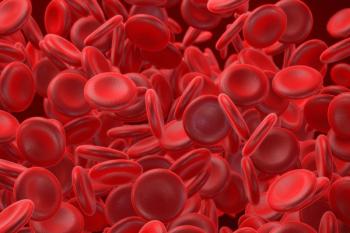
Most patients with either mantle cell lymphoma or chronic lymphocytic leukemia who were treated in a phase 1/2 trial had a response to therapy with the combination of cirmtuzumab plus ibrutinib.
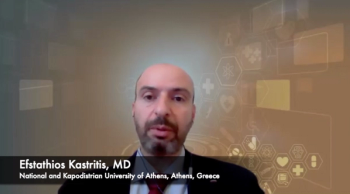
The phase 3 ANDROMEDA trial demonstrated positive efficacy and safety data in the treatment of newly diagnosed light chain amyloidosis.
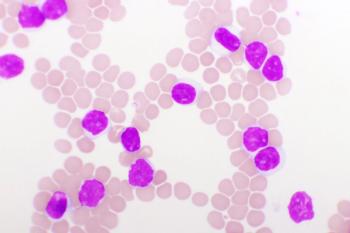
TG-1701 elicited promising clinical and pharmacodynamic activity across doses in patients with B-cell malignancies.
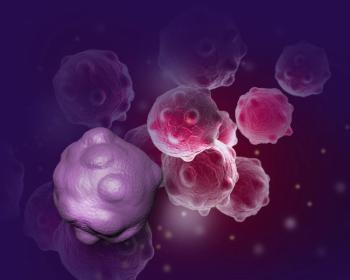
The combination of mosunetuzumab plus polatuzumab vedotin showed positive efficacy and safety data in a phase 1b study of patients with B-cell non-Hodgkin lymphoma.

Median progression-free and overall survival in patients with CLL/SLL receiving ibrutinib in the frontline still not reached at 7-year follow-up, according to data from RESONATE-2 trial reported at the 2021 ASCO Annual Meeting.
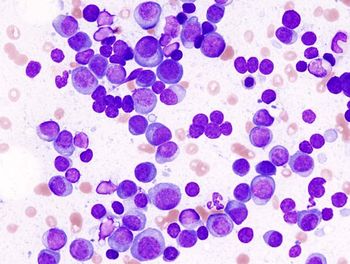
When performed with a reduced-intensity conditioning regimen of bortezomib, fludarabine, and melphalan, alloHCT was safe in patients with high-risk multiple myeloma.
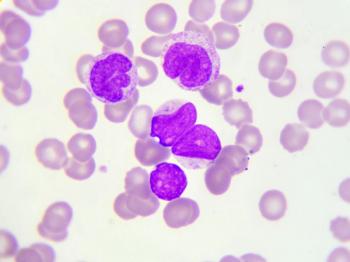
Heavily pretreated patients with relapsed/refractory B-ALL who received a single infusion of KTE-X19 experienced robust and durable responses.
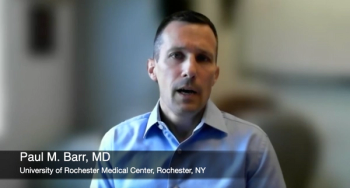
CancerNetwork® sat down with Paul M. Barr, MD, at the 2021 ASCO Annual Meeting to talk about data from RESONATE-2 showing sustained progression-free and overall survival in patients with chronic lymphocytic leukemia being treated with ibrutinib in the frontline setting.

High rates of durable complete responses are reported at the 2021 ASCO Annual Meeting with ciltacabtagene autoleucel in patients with relapsed or refractory multiple myeloma.

The CAR T-cell product idecabtagene vicleucel in patients with heavily pretreated multiple myeloma continued to show benefit of therapy at a median follow-up of 24.8 months.
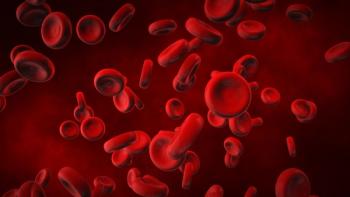
The MD Anderson Cancer Center expert discussed the future of acute myeloid leukemia treatment, and how the field is evolving rapidly.
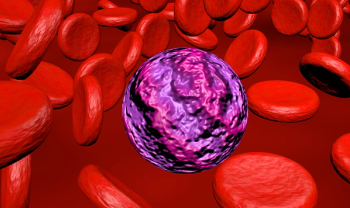
The MD Anderson Cancer Center expert discussed next steps in the evaluation of ivosenidib plus venetoclax, with or without azacytidine, in patients with IDH1-mutated acute myeloid leukemia.
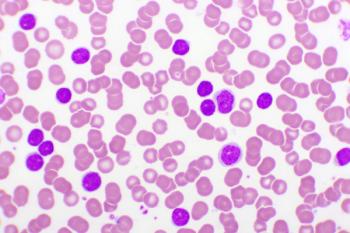
The MD Anderson Cancer Center expert spoke about the efficacy of ivosenidib plus venetoclax, with or without azacytidine, in patients with IDH1-mutated acute myeloid leukemia.
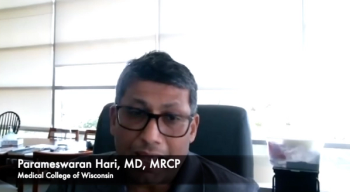
Parameswaran Hari, MD, MRCP, discussed second malignancies and second transplants for patients who stopped versus continued lenalidomide maintenance therapy to treat multiple myeloma from a follow-up trial presented at the 2020 ASCO Virtual Scientific Program.
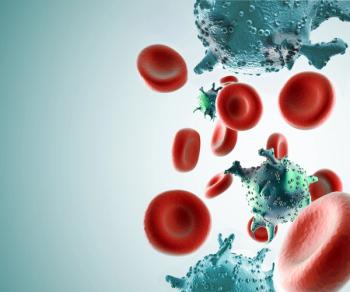
At the 2020 ASCO Virtual Program, Courtney DiNardo, MD, presented on a study of the combination therapy consisting of ivosenidib plus venetoclax with or without azacytidine patients with IDH1-mutated acute myeloid leukemia.
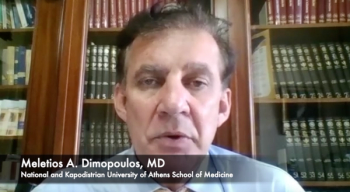
Meletios A. Dimopoulos, MD, discussed the reassuring aspects and future implications of the phase III Boston study examining a new combination therapy to treat patients with multiple myeloma.
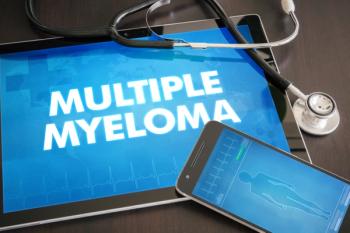
Jesus G. Berdeja, MD, of the Sarah Cannon Research Institute discussed the CARTITUDE-1 study that examined CAR-T cell therapy to treat patients with relapsed/refractory multiple myeloma presented at the 2020 ASCO Virtual Scientific Program.
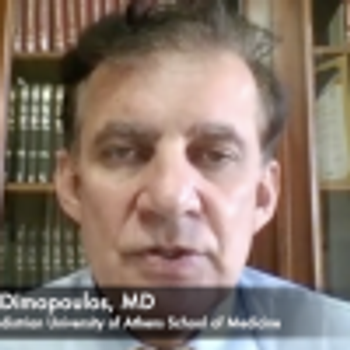
Meletios A. Dimopoulos, MD, discussed the phase III Boston study examining a new combination therapy to treat patients with multiple myeloma who have received 1 to 3 prior therapies.
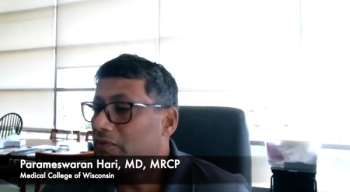
Parameswaran Hari, MD, MRCP, discussed the progression-free survival of patients who stopped versus continued lenalidomide maintenance therapy to treat multiple myeloma from a follow-up trial presented at the 2020 ASCO Virtual Scientific Program.
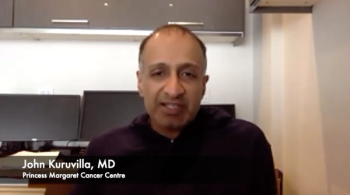
Results from the study indicated that pembrolizumab (Keytruda) was superior to brentuximab vedotin (Adcetris) in patients with relapsed or refractory classic Hodgkin lymphoma (R/R cHL).
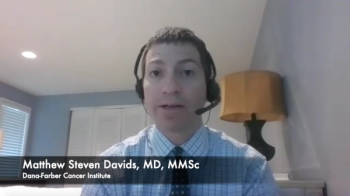
The CLL expert discussed the possibility of venetoclax plus dose-adjusted R-EPOCH becoming a new treatment approach in patients with CLL who developed Richter’s Syndrome.
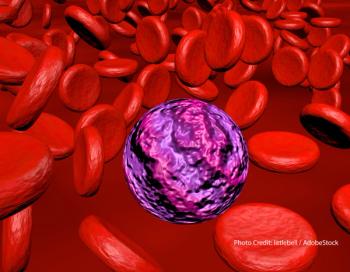
The most common, expected, and reversible treatment-emergent adverse event associated with the agent was cytokine release syndrome.
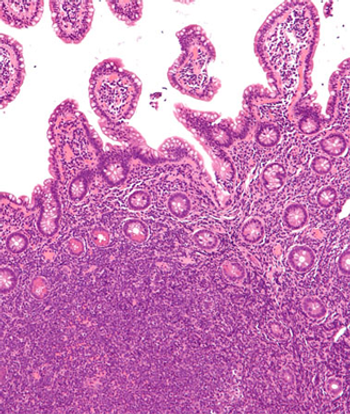
When compared to currently approved therapies, KTE-X19 demonstrated comparable pharmacologic and clinical outcomes in patients with high-risk MCL characteristics versus lower-risk characteristics defined by tumor protein TP53 mutation or high Ki-67 proliferation index.
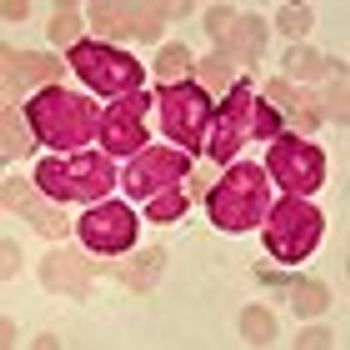
The MD Anderson Cancer Center expert discussed why there is an unmet need for more treatments in patients with IDH1-mutated acute myeloid leukemia.
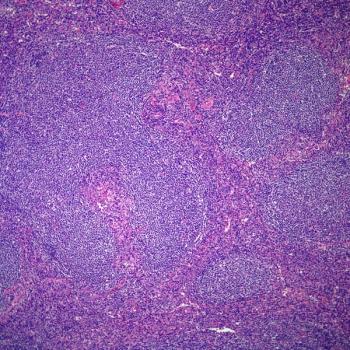
Results showed that axicabtagene ciloleucel demonstrated significant and durable clinical benefit in patients with relapsed or refractory indolent non-Hodgkin lymphoma.
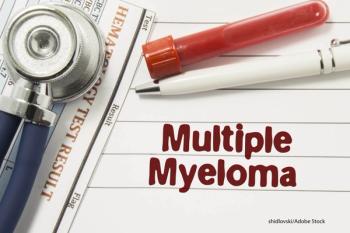
Teclistamab appeared to be a safe and efficacious treatment for patients with relapsed/refractory multiple myeloma, according to a phase I study presented at the ASCO Virtual Scientific Program.

The allogeneic CAR-T cell therapy ALLO-501, paired with the monoclonal antibody ALLO-647, demonstrated clinical responses and manageable toxicity in patients with pretreated large B-cell and follicular lymphomas in the Phase I ALPHA trial.
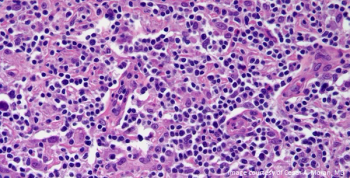
Results of KEYNOTE-204 supports pembrolizumab as new standard of care for patients with classical Hodgkin Lymphoma who have relapsed after autologous stem cell transplant or are ineligible for autologous stem cell transplant.